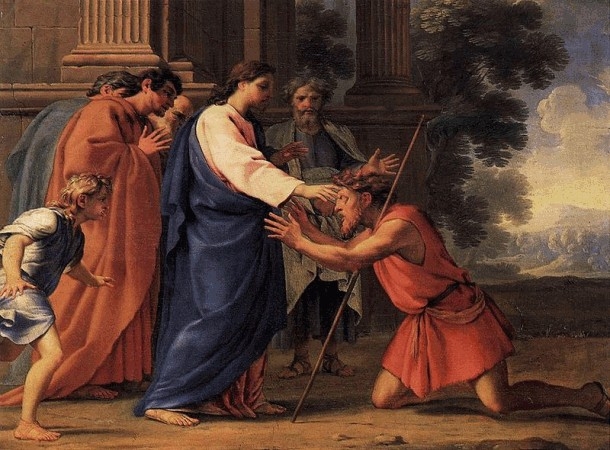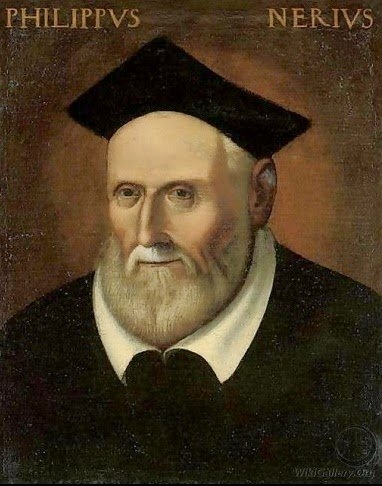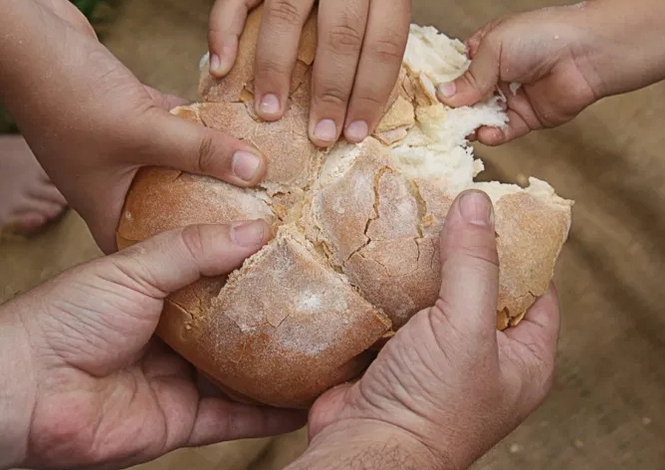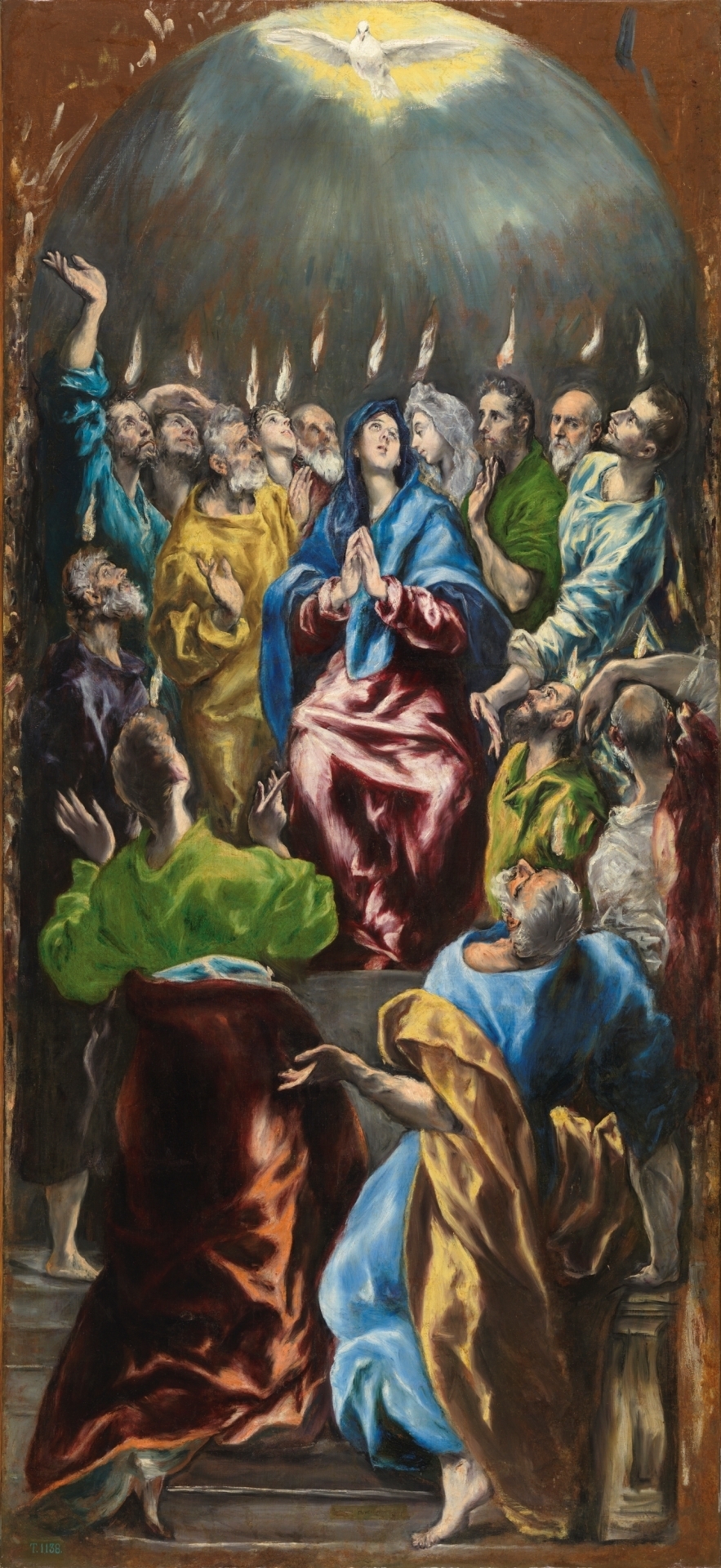These reflections are a result of more than 40 years of ministry as a Roman Catholic priest. Most of these years I spent in the Diocese of Charlotte which covers Western North Carolina. Now I am retired, and live in Medellín, Colombia where I continue to serve as a priest in the Archdiocese of Medellín.

Jesus said to him in reply, “What do you want me to do for you?”
The blind man replied to him, “Master, I want to see.”
Jesus told him, ‘Go your way; your faith has saved you.”
Immediately he received his sight
and followed him on the way.
(Mk 10:46-52)
Blind Bartimaeus is a wonderful story of crying out in faith and subsequent healing . . . but the key is that Bartimaeus “followed him on the way.”

Jesus said to them, “You do not know what you are asking.
Can you drink the chalice that I drink
or be baptized with the baptism with which I am baptized?”
They said to him, ‘We can.”
Jesus said to them, “The chalice that I drink, you will drink,
and with the baptism with which I am baptized, you will be baptized;
but to sit at my right or at my left is not mine to give
but is for those for whom it has been prepared.”
(Mk 10:32-45)
Presumption is always a temptation—even for the Twelve. Of course, the other Ten were furious with James and John . . . because they hadn’t thought to ask for the seats of honor. Christian ambition is in us all. But when the Lord responds to the two brothers: “You will drink the chalice that I drink, you will be baptized with my baptism” we begin to understand that they are clueless about what they have asked for. I remember when I showed a list of the popes to a non-Catholic lady who was inquiring about the church. The lady asked me, “What’s that capital M after their names?” I answered, “That means the person was martyred.” And you know, that list of the first popes . . . almost all of them have a capital M after their names—that’s what it meant to be the shepherd of the flock . . . as Jesus says, “the Good Shepherd lays down his life for the sheep.” Saint Philip Neri was known for his compassion and ministry to the poor and is called the “apostle of Rome.”

The just one’s offering enriches the altar
and rises as a sweet odor before the Most High.
The just one’s sacrifice is most pleasing,
nor will it ever be forgotten.
In a generous spirit pay homage to the LORD,
be not sparing of freewill gifts.
With each contribution show a cheerful countenance,
and pay your tithes in a spirit of joy.
Give to the Most High as he has given to you,
generously, according to your means.
For the LORD is one who always repays,
and he will give back to you sevenfold.
(Sirach 35:1-12)
As Saint Paul would say, “God loves a cheerful giver” (2 Cor 9:7).

Standing by the cross of Jesus were his mother
and his mother’s sister, Mary the wife of Clopas,
and Mary of Magdala.
When Jesus saw his mother and the disciple there whom he loved,
he said to his mother, “Woman, behold, your son.”
Then he said to the disciple,
“Behold, your mother.”
And from that hour the disciple took her into his home.
(Jn 19:25-34)
Today in Colombia we celebrate the feast of Mary, Help of Christians. In the USA it is the feast of Mary, Mother of the Church. Both feasts remind us of the special place Mary holds in the hearts of all believers. She stood beneath the Cross and became the mother of all the beloved disciples of her Son.

Responsorial Psalm (Psalm 104)
R. Lord, send out your Spirit, and renew the face of the earth.
If you take away their breath, they perish
and return to their dust.
When you send forth your spirit, they are created,
and you renew the face of the earth.
R. Lord, send out your Spirit, and renew the face of the earth.
The gift of the Spirit brings life to the Church. So that we can speak of the mighty acts of God and proclaim that Jesus Christ is Lord!



